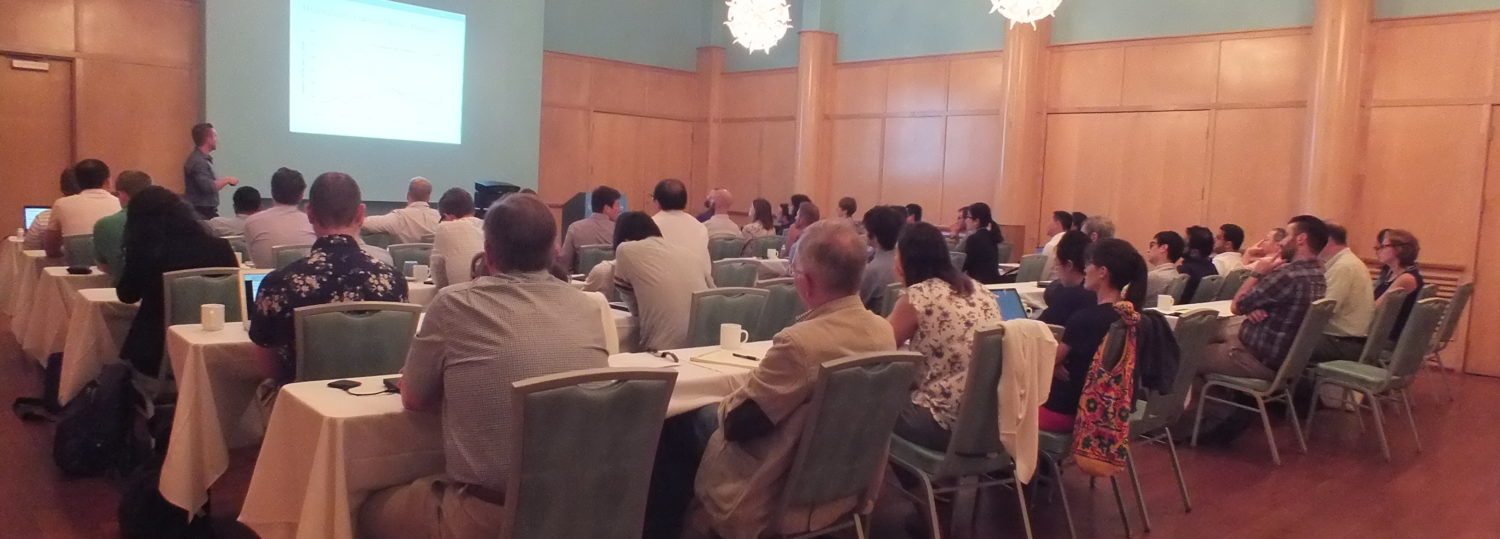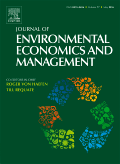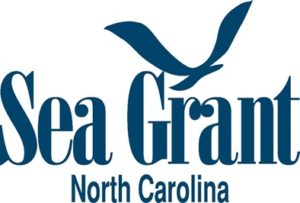Camp Resources XXV
Over 50 graduate students, young professionals, faculty and senior mentors from around the country gathered in Wrightsville Beach, NC August 12-14, 2018 to discuss current research in environmental and resource economics. Camp Resources — now in its 25th year — is an internationally known summer intensive workshop where the next generation of scholars present their work to each other, and to senior faculty and mentors from universities, government agencies, and think-tanks from around the country. Below is the workshop program with titles, presenter names, and affiliations.
Research Sketches
“Does Increasing Block Pricing Decrease Energy Use? Evidence from the Residential Electricity Market“, Becka Brolinson, Georgetown University
“Ramping up Renewable Energies: The Role of Ramping Cost and Energy Storage“, Haoyang Li, Michigan State University
“Temperature, Productivity, and Adaptation: Evidence from Survey Data Production”, Melissa LoPalo, University of Texas, Austin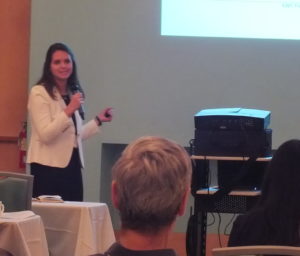
“Flood Insurance Market Penetration and Expectations of Disaster Assistance”, Dylan Turner, University of Georgia
“Using Panel Data to Recover Willingness to Pay for Neighborhood Amenities”, Chuhang Yin, Duke University
“Addressing Unobserved Neighborhood Quality in Hedonic Models Using Google Street View Imagery and Urban Perception Data”, Alexander Gordan, Georgia State University
“The Impact of Agricultural Policies on Environmental Quality: A Policy Evaluation”, Elise Kaya, NC State University
“Agricultural Adaptation to Climate Change in the United States: Implications for Fertilizer Use and Water Quality”, Jayash Paudel, Univ of Massachusetts, Amherst
“Is Abundant Natural Gas a Bridge to a Low-carbon Future or a Dead-end?”, Pei Huang, Yale University
Session #1: Water and Property Values
“The Economic Value of Secure Water: Landowner Returns to Defining Groundwater Property Rights”, Andrew Ayres, University of California, Santa Barbara
“On the Reporting of Water Use and the Effects of Hydraulic Fracturing on Groundwater Levels in Texas”, Jesse Backstrom, Texas A&M University
“Gentrification and Residential Sorting: Reasons for Displacement and Environmental Injustice in Los Angeles”, Wen Wang, Duke University
“Solar Farms and Surrounding Property Values: A Systematic Empirical Analysis”, Nino Abashidze, NC State University
Session #2: Firm Response to Environmental Regulations
“Environmental Regulation and Firm Productivity in China: Estimates from a Regression Discontinuity Design”, Shaoda Wang, University of California, Berkeley
“The Effect of Recycling on Competition: Evidence from the Paper Industry“, William Edwin Watkins, University of North Carolina, Chapel Hill
“Carbon Tax, Productivity, and Reallocation: Lessons from Canadian Manufacturing Plants“, Akio Yamazaki, University of Calgary
Session #3: Health
“What Makes Seniors Vote with Their Feet?”, Sophie Mathes, Arizona State University
“The Value of a Statistical Senior’s Life: Evidence from Medical Expenditures”, Nirman Saha, Arizona State University
“When You Know, You Act? Weather Forecasts, Defensive Action, and Heat-related Mortality in the US”, Matthew Gammans, University of California, Davis
Session #4: Energy
“The Public Benefits of Batteries: An Empirical Analysis of Grid-Scale Storage“, A. Justin Kirkpatrick, Duke University
“Policy Designs for Clean Vehicle Adoption: A Study of Electric Vehicle Subsidy Program in China”, Jing Qian, Cornell University
“Equilibrium Sorting, Moral Hazard, and Adverse Selection, in Residential Energy Contracts”, Dylan T. Brewer, Michigan State University
“Leakage in Regional Climate Policy? The Implications of Market Design from the California ISO’s Energy Imbalance Market”, Brittany Tarufelli, University of Wyoming
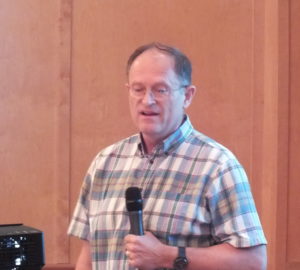 Learning Tutorial:“Regression Adjustment to Improve Efficiency in Experiments with Heterogeneity“, Jeffrey Wooldridge, Michigan State University
Learning Tutorial:“Regression Adjustment to Improve Efficiency in Experiments with Heterogeneity“, Jeffrey Wooldridge, Michigan State University
Editors’ Roundtable Discussion: Klaus Moeltner (Virginia Tech), Andy Yates (UNC-Chapel Hill), Roger von Haefen (NC State University)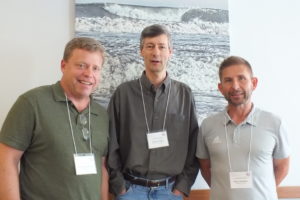
Session #5: Coasts and Fisheries
“Non-Parametric Tests of the Tragedy of the Commons”, Yaqin Liu, Georgia State University
“Holding the Line: Identifying the Determinants of the Decision to Install Coastal Armoring”, William Jason Beasley, Oregon State University
“Use it or lose it: A bioeconomic model of Utilization Rules in an ITQ Fishery”, Stephanie Stefanski, Duke University
“The Value of Coastal Recreational Trips across Space and Time”, Alexandra Naumenko, NC State University
Camp Resources XXV was made possible by the generous support of:
